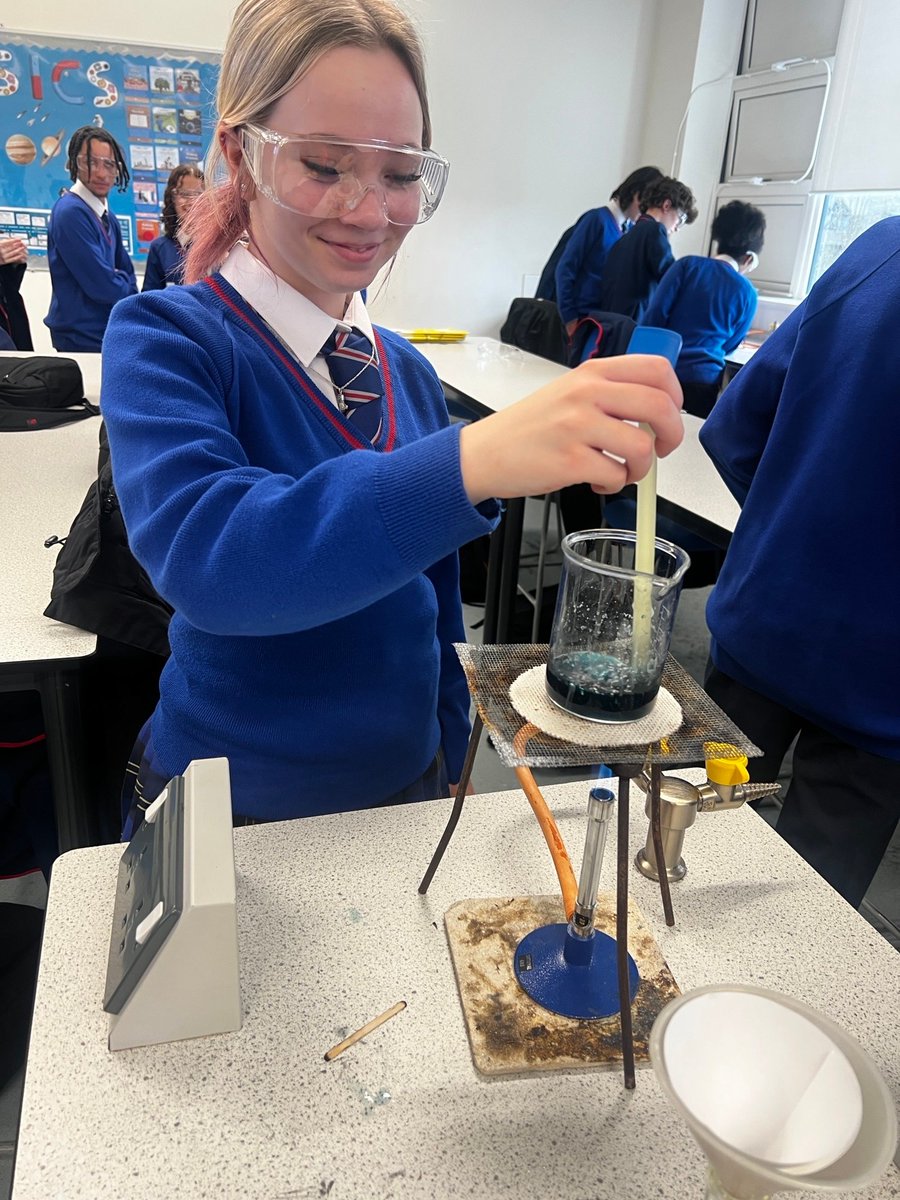WORD at HABE
At Harris Academy Beckenham, every member of staff is driven to promote social mobility and eradicate the cycle of disadvantage. The acquisition of outstanding WORD (Writing, Oracy and Reading) skills are fundamental in terms of ensuring that social and economic status does not determine students’ futures.
We firmly believe that developing proficient communication capabilities will ensure that all of our students, regardless of starting point, are able to access and accurately perceive the world around them as well as flourish socially and academically. By communication capability we specifically refer to developing the basic technical accuracy of oral, reading and written skills to a proficient level of fluency which will enable students to perform creatively and confidently, both within the classroom and as they prepare for adulthood.
Purpose of curriculum
WORD skills are crucial to developing students’ ability to read and understand; write with fluency, accuracy and enthusiasm; speak and listen with confidence and discernment. Attainment of proficient communication capacity skills are vital for students to access all areas of the curriculum, and to achieve social and academic success. Due to the vital role of WORD skills in every student’s life, staff at all levels are aware of their duty to prioritise WORD within all areas of teaching and learning. Every teacher communicates their subject through its own unique language; reading, writing and oracy are at the heart of knowing, doing and communicating in every subject.

Aims
- To ensure that standards of writing, oracy and reading are raised throughout all key stages and across all subject areas
- To embed WORD skills across all subject areas to ensure students are proficient in general and disciplinary literacy
- To develop a common language of communication capability across all subject areas
- To empower students with the capacity to use language purposefully and efficiently in a range of contexts for a range of purposes, in both oral and written form
- To increase the range and depth of literary knowledge to create a lifelong love of reading
- To provide a range of intervention strategies to support targeted students attain National Standards of WORD, using baseline data (RA/KS2 data/SEN/EAL data) to inform the teaching, assessment and planning for WORD progress
Keyword booklets
Download our Keyword booklets for each year group below.
- Year 7 Keyword Booklet
- Year 8 Keyword Booklet
- Year 9 Keyword Booklet - coming soon
- Year 10 Keyword Booklet - coming soon
Strategies for spelling guide
Download our Strategies for Spelling guide, covering visual, auditory and kinesthetic strategies.
Curriculum design
Our ethos of 4Rs (resilience, reflectiveness, resourcefulness and reciprocity) are the fundamental basis of creating challenging and stimulating lessons and activities as part of our academy curriculum. Our curriculum in its entirety, including those aspects outside the classroom and those that develop our students’ development of the 4Rs, pivots on the acquisition of competent WORD skills. To ensure our students develop their resilience, reflectiveness, resourcefulness and reciprocity in a range of activities, implicit WORD skills are continually made explicit; ensuring that our students realise that their growing knowledge of writing, oracy and reading pervades every area of their life and will continue to enhance their adult life once their time in our educational setting ends.
Coverage and appropriateness
Our curriculum pivots on WORD with every teacher dedicated to developing students as fluent, accurate and confident communicators, regardless of their starting point. We understand that an enriched vocabulary enables a better understanding of concepts and ideas and helps to develop their communication capabilities across all three core mediums of writing, oracy and reading. We act upon this by expanding their cultural capital and the breadth of their vocabulary exposure in a variety of contexts with an understanding that students equipped with a knowledge of words have an increased capacity to continue learning new knowledge in the future.
All students, across all key stages are exposed to a variety of texts, both fiction and non-fiction, ranging from pre-1914 to the modern day. Students are encouraged to comprehend through this breadth of reading, that while knowledge is powerful it is also insecure, contested and evolving; they learn to understand through our focus on reading that they have access to the constantly evolving world around them – past, present and future.
As well as opportunities to develop their reading comprehension and critical reading ability, students have access to platforms that continually develop their command of the spoken word. All teachers demand the highest standards of oracy in the classroom, ensuring students are aware of how to listen and respond appropriately in professional contexts.

With oracy and reading providing the learning foundations of writing, we harness these skills when teaching writing in all subjects. Students are encouraged to emulate the writing of literary experts and subject specialists; through exposure to high quality modelling at word, sentence and whole text level, we ensure students are equipped with the ability to become written experts in each subject specialism.
Without securing the knowledge of how to write, speak and read accurately, it is difficult for any human being to find their place in the world around them despite their intellectual capacity for learning. For those students who start at Harris Academy Beckenham without age-appropriate and confident knowledge in each of these key areas, specific interventions are put in place to secure these skills. We are acutely aware that our students may have weaknesses in all three areas or may have strengths in some while struggling in others; therefore, our intervention aspect of our WORD curriculum is individually tailored to the student’s specific learning profile. The link between deprivation, low levels of literacy and poor life outcomes is clearly documented and we understand it is our moral and social responsibility to break this link by eliminating low levels of literacy and providing the appropriate experiences that may have so far been missing in a student’s social and/or academic life.
Teaching for Mastery
All our teachers are encouraged to be living readers and researchers into their own subject discipline and therefore their rich subject knowledge ensures deep WORD learning experiences for our students. All teachers have an acute awareness of the WORD knowledge needed for students to become literate subject specialists, also knowing pedagogically how to extend all students’ communication skills to the very highest level.
We have identified it is not only those with below age-appropriate communication ability that require additional support; our staff recognise that stretching all students to become literate subject specialists requires explicit teaching of high level vocabulary, writing, reading and oracy skills; that spaced and interleaved learning of WORD knowledge will help all our students to master these crucial mediums; and, that constant exposure to high quality WORD examples will ensure that the life chances of all our students, regardless of deprivation factors, are enhanced.
Implementation of universal literacy across the curriculum
We strongly believe that students need to develop a secure knowledge base so that students are able to read a complex text, write an extended piece of writing or articulate ideas orally – they will not be able to undertake any of the aforementioned tasks if they do not have the key knowledge required to engage with and complete this task. Thus our knowledge-based curriculum is fundamental in developing literacy competence. Retrieval practice through knowledge retrieval is particularly powerful to ensure repeated exposure to key concepts. Direct and explicit instruction also support WORD – teacher exposition accompanied by I do, We Do and You Do benefits all students in the acquisition of literacy. Finally, the lesson length of 80 minutes offers adequate time for retrieval practice, teacher exposition, modelling and practice of key literacy skills as well as application of subject knowledge.





















